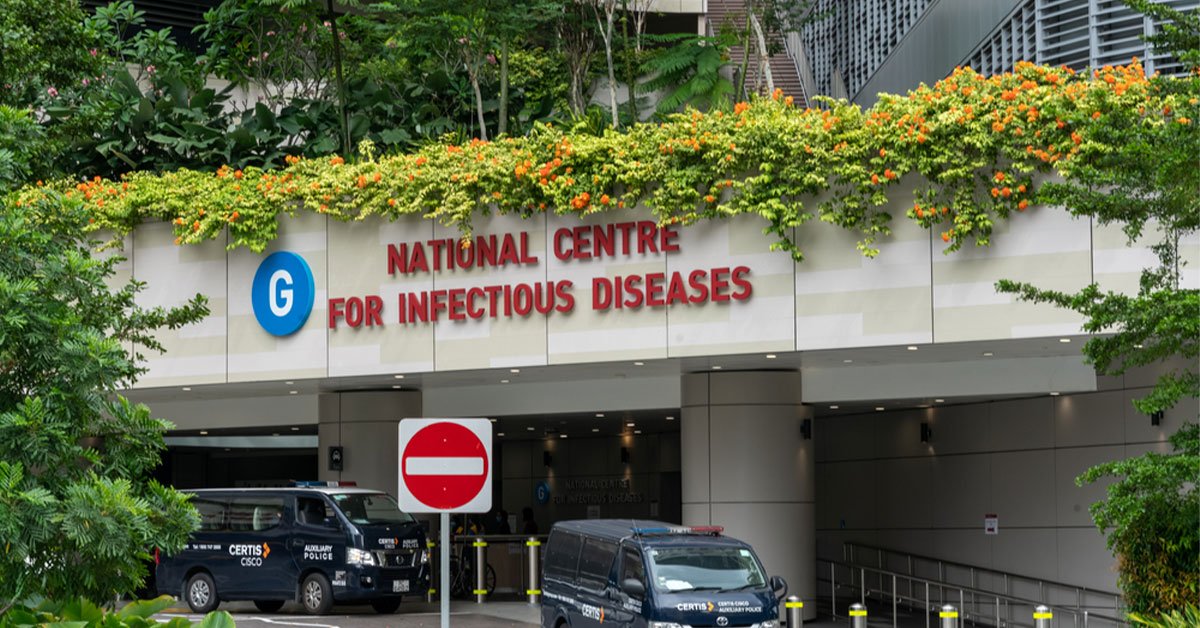Property Agents Could Have Stopped $1-Billion Money Laundering
It’s no secret, unless perhaps you’ve been living under a rock, that Singapore has been rocked by a staggering $1-billion money laundering scandal, a case that has connections to a whopping 105 properties across the city-state. The Council for Estate Agencies (CEA) is currently investigating property agents who are suspected of facilitating these dubious property transactions.
A representative from the CEA told 8World News that the Prevention of Money Laundering and Financing of Terrorism (PMLFT) Act, enacted in 2021, obliges real estate agencies and property agents to carry out Customer Due Diligence (CDD) when engaged by clients. This crucial process involves not only confirming and verifying the client’s identity but also evaluating the risk of the client being implicated in money laundering activities.
The CEA representative emphasized that enforcement actions would be taken against property agents failing to adhere to the Act’s stipulations. And make no mistake, the CEA is not without teeth.
In a case from July of this year, a property agent was found guilty of breaching the Act by neglecting to perform CDD. The agent was subsequently fined $4,000 and had her license suspended for a four-month period by the CEA Disciplinary Committee.
What Should Have Been Done by the Property Agents
The PMLFT Act stipulates that property agents are obligated to report any transactions or activities that raise suspicions to the Suspicious Transaction Reporting Office (STRO) within the police’s Commercial Affairs Department.
Additionally, agents must maintain records of the CDD conducted, including all documents and information acquired during the process, for a minimum of five years.
Moreover, real estate companies are required to establish and enforce policies, procedures, and control measures to thwart money laundering and the financing of terrorist activities.
The CEA Disciplinary Committee possesses the authority to levy disciplinary sanctions on real estate brokers or companies found in violation of the PMLFT Act. Property agents may incur fines of up to $100,000 for each case, while real estate companies may face fines of up to $200,000. Furthermore, the licenses of the offending real estate brokers and companies may be revoked or suspended.
Additionally, under the Corruption, Drug Trafficking and Other Serious Crimes (Confiscation of Benefits) Act (CDSA), the submission of suspicious transaction reports is mandatory.
On 15 August, law enforcement sprang into action, arresting ten individuals and issuing prohibition orders for 94 properties and 50 vehicles, collectively valued at over $815 million. Subsequently, on 18 August, prohibition orders were issued for an additional 11 properties.
The properties in question encompass seven detached houses situated in Sentosa Cove, 79 apartment units, and 19 commercial or industrial spaces. Notably, 19 of the apartment units are still in the construction phase.
Currently, 12 individuals are assisting with the ongoing investigations.
Meanwhile, eight others are finding themselves pursued by the police—perhaps more intensely than ever before. These eight individuals, who are currently wanted, are believed to have potentially fled Singapore.
For a more comprehensive understanding of how money laundering operates, you can watch this informative video:



